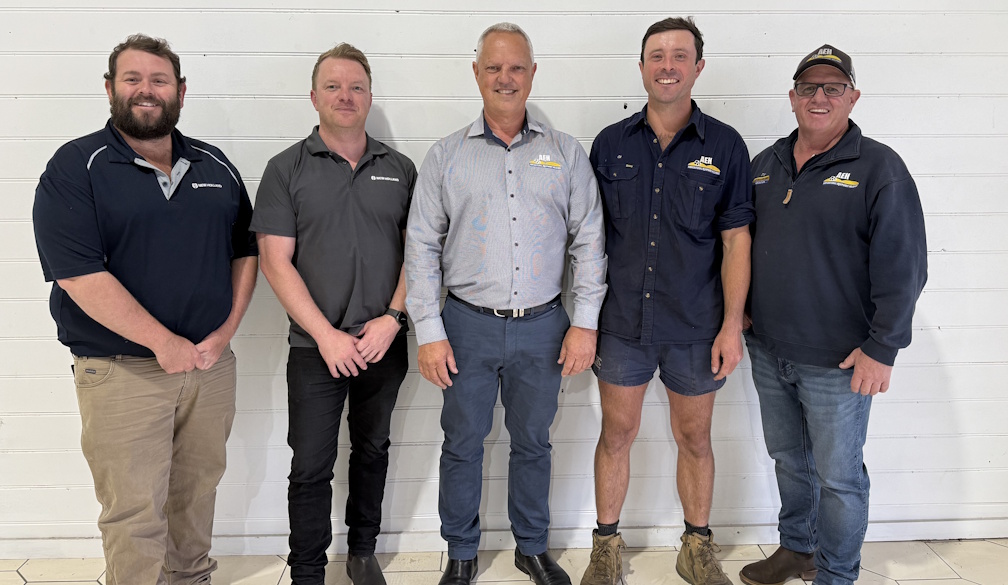The Top Six Issues Australians Are Thinking About Today
- Written by Times Media

Australia in 2025 is navigating one of the most unsettled periods in recent memory. Economic pressures, record migration, global instability and rapid technological change are reshaping daily life. Across talkback radio, social media, dinner-table conversations and polling data, several concerns consistently rise to the top.
These are the issues that dominate the national mood — and are likely to determine Australia’s political and economic direction in the years ahead.
1. Cost of Living: The Pressure Cooker Continues
Cost of living remains the defining national issue. For many households, it overshadows every other debate.
Australians are feeling:
-
Overwhelmed, as energy, grocery and insurance bills increase faster than wages.
-
Under pressure, with interest rates and rents at levels not seen in years.
-
Cautious, cutting discretionary spending, travel and eating out.
-
Worried, as savings buffers evaporate and credit card use creeps upward.
Governments speak about “turning the corner”, but Australians aren't feeling it in their wallets. The sense of economic insecurity is deep and persistent.
2. Housing Affordability: A Market Out of Reach
Housing has become the great divide in Australian society: homeowners and investors on one side, those locked out on the other. The sense of unfairness is growing sharper each year.
The realities shaping the debate:
-
Median prices have run far ahead of household incomes, making saving a deposit almost impossible for many.
-
Rental stress is widespread, with queues stretching down the street and inspections attracting dozens of applicants.
-
Housing supply isn’t keeping up, constrained by planning delays, construction labour shortages and high building costs.
-
Government incentives help at the edges, but are not breaking the structural logjam.
Australians increasingly believe the “Australian dream” has slipped from a realistic life milestone into an aspirational fantasy.
3. High Immigration: Support, Strain and a Growing Backlash
Australia has always been a migrant nation, and most Australians value multiculturalism. However, record-high migration levels in recent years — the largest in modern history — have created a turning point in public sentiment.
How Australians are feeling about high immigration:
Supportive… but uneasy
Many Australians still believe immigration is essential for:
-
economic growth
-
skills shortages
-
cultural vibrancy
-
global competitiveness
But support is conditional. The public wants migration at a manageable pace, aligned with housing, healthcare, schools and infrastructure capacity.
Growing frustration
A large proportion of Australians — including long-term migrants — believe high migration has become unsustainable, contributing to:
-
housing shortages and higher rents
-
pressure on roads, trains, hospitals and schools
-
downward pressure on wages in some sectors
-
rapid population growth that feels unmanaged
This frustration is not directed at migrants themselves, but at governments seen as failing to plan.
A political flashpoint
High migration is now one of the most politically charged issues in the country. Polling shows:
-
major parties losing support over population management
-
growing appetite for tighter intake caps
-
regional voters demanding decentralised planning
-
younger Australians linking immigration directly to housing affordability
For the first time in decades, immigration levels sit near the top of national concern.
4. Jobs and AI: Anxiety in a Technology Shock
The AI revolution has hit Australia faster than expected. While some industries are thriving, others face rapid disruption.
Australians are asking:
-
Will AI replace my job?
-
Are my skills still relevant?
-
Why is retraining so expensive and confusing?
-
Are our schools and universities preparing us for the next decade—or the last one?
White-collar workers, once considered insulated, now feel vulnerable. Marketing, media, finance, design, administration and legal services are seeing tasks automated at speed.
There is opportunity — but Australians want clearer strategy, guardrails and national leadership.
5. National Security and China–US Tensions: A Region in Flux
Australians are more aware of global tensions than at any point since the Cold War. The Indo-Pacific is becoming a strategic hotspot, and the public is paying attention.
The biggest worries:
-
China’s assertiveness and Australia’s economic dependence
-
Uncertainty around US political leadership
-
Cybersecurity attacks targeting hospitals, utilities and government systems
-
The enormous cost of AUKUS and doubts about delivery timelines
Australians broadly support strengthening defence, but want transparency and realism — not political slogans.
6. Climate, Energy and Insurance: A Costly Transition
Australians support climate action, but they want it done in a way that doesn’t crush household budgets or destroy regional economies.
What’s driving the conversation:
-
Soaring insurance premiums, especially in flood- and fire-prone areas
-
High electricity bills, despite more renewable energy coming online
-
Concerns about the pace of the transition, especially in coal and gas regions
-
Confusion about EV infrastructure, incentives and long-term policy settings
Climate policy is no longer just environmental — it’s economic, social and deeply personal.
The National Mood: Ready for Change, Tired of Excuses
From cost-of-living stress to pressures created by high migration, Australians feel that systems are stretched, leadership is hesitant and long-term planning has fallen behind.
One sentiment cuts across almost every issue:
People believe Australia has lost control of the big levers — housing, services, borders, prices — and they want them taken back.
As 2025 progresses, these pressures will shape elections, budgets, migration settings and the national identity itself.
Australia is not pessimistic — but it is impatient for direction, certainty and a plan that matches the scale of the challenges ahead.










